- Over 200 IDPs in Ponnagyun struggle without shelter, food aid
- Junta airstrikes inflict deep psychological trauma on children in Arakan State
- Photo News: Over 200 IDPs in Ponnagyun in urgent need of shelter assistance
- Two children injured by UXO in Mrauk-U struggle to afford medical care
- High hepatitis cases hit children in Arakan State
Regime closes Thandwe Airport amid ongoing fighting
Fighting between the military and AA in Thandwe Township is moving closer to the town, with airlines cancelling flights in the leadup to the closure of the airport.
04 Jun 2024
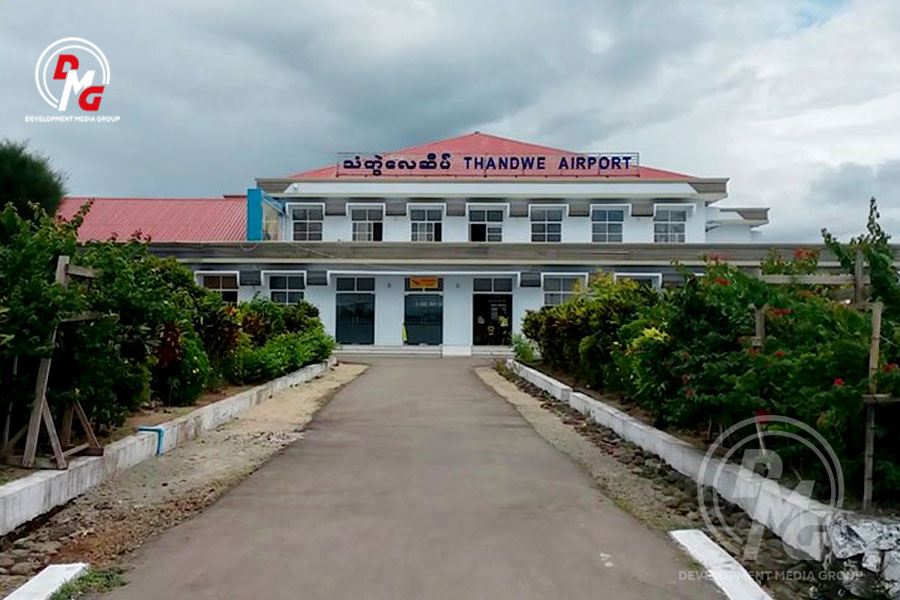
DMG Newsroom
4 June 2024, Thandwe
The regime has closed Thandwe Airport for one week, from June 3 to 9, due to fierce fighting between the military and Arakkha Army (AA) near Ngapali Town, a popular beach resort in Arakan State for which the airport is the direct air link, according to local residents.
Fighting between the military and AA in Thandwe Township is moving closer to the town, with airlines cancelling flights in the leadup to the closure of the airport. Local residents in Thandwe are worried that they will be trapped by the fighting.
“Local people in Thandwe rely on only the air route to travel to other areas. Now, flights are also closed, so the flow of goods and the escape route for the residents have been blocked,” said a local resident in Thandwe.
The AA has clashed with the military near Got Village, about two miles from Ngapali Town, since 4 p.m. on June 2.
A local woman was killed and some people were injured due to the junta’s indiscriminate attacks on Hsinkhaung Village on June 3, according to locals.
“The regime dropped two bombs on Hsinkhaung Village yesterday, killing a local woman and injuring some people,” said a Thandwe resident. DMG is still investigating the details of the incident.
The military’s Thandwe-based Light Infantry Battalion Nos. 55 and 566 in addition to naval forces have been stationed in Ngapali Town. The regime has sent reinforcements to the military’s LIB 566 to defend against the AA offensive.
With escalating military hostilities in Arakan State, civilian casualties continue to rise and local populations both urban and rural live in fear of junta artillery attacks and airstrikes.




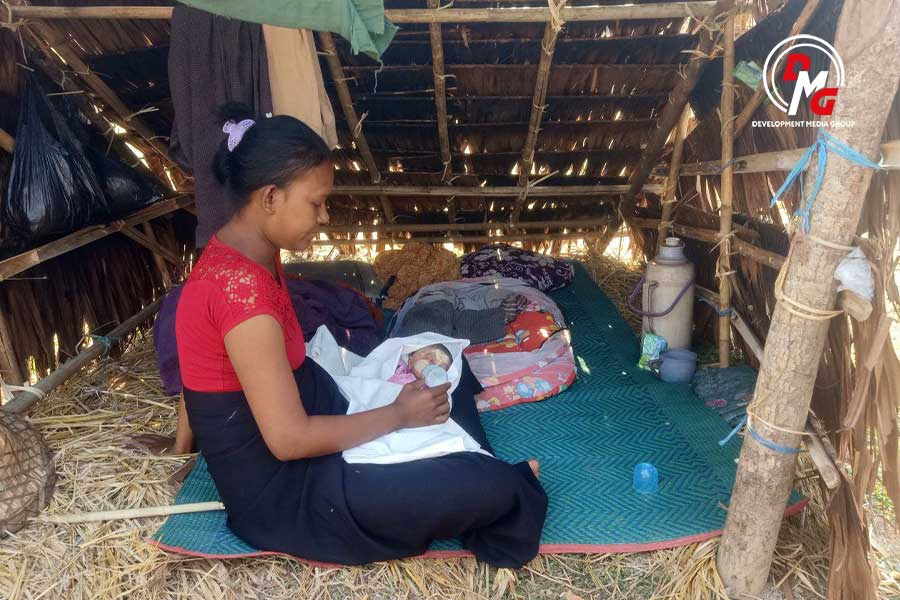
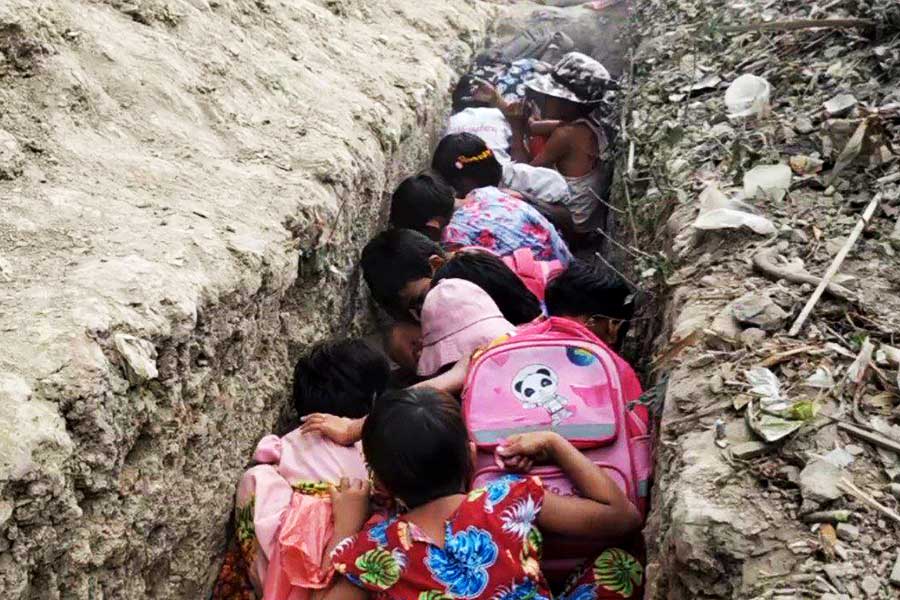
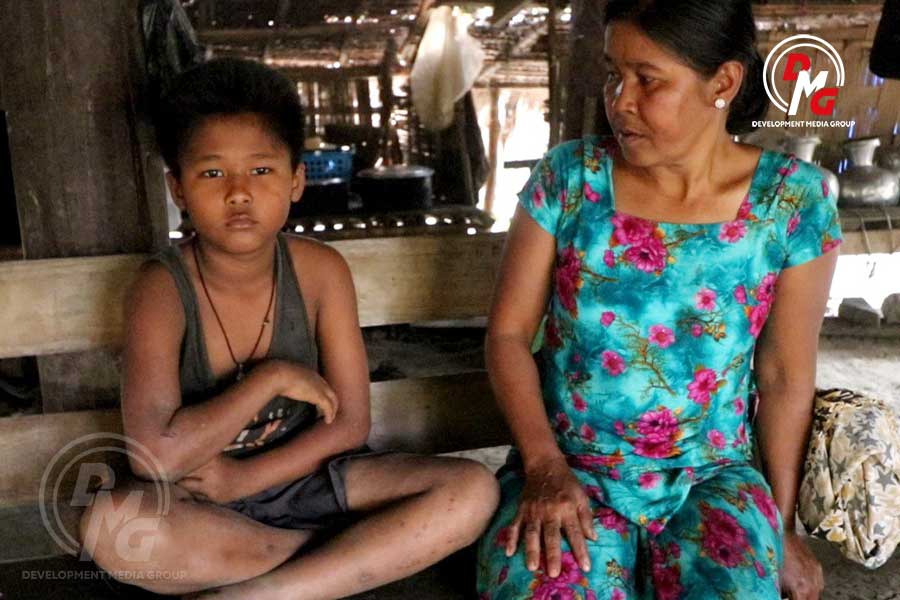
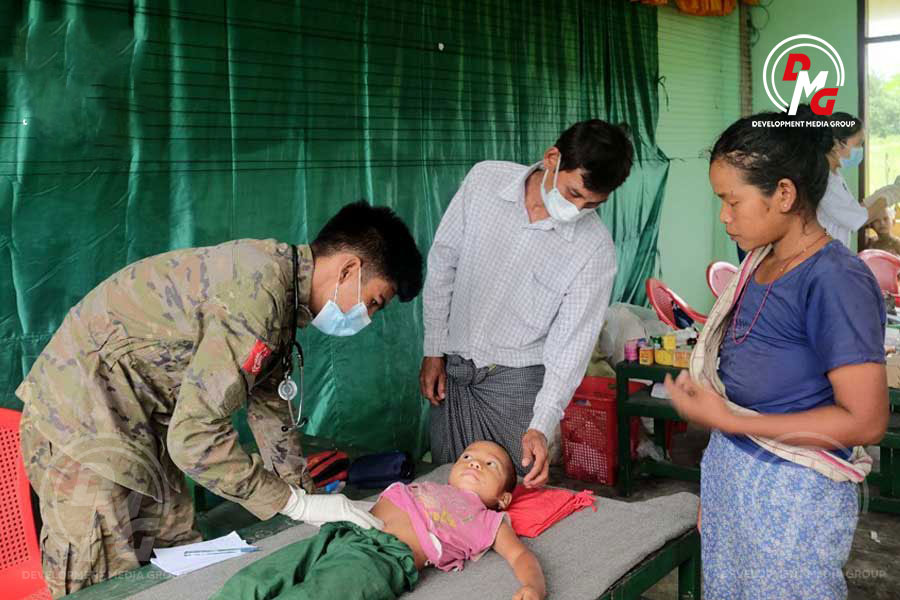
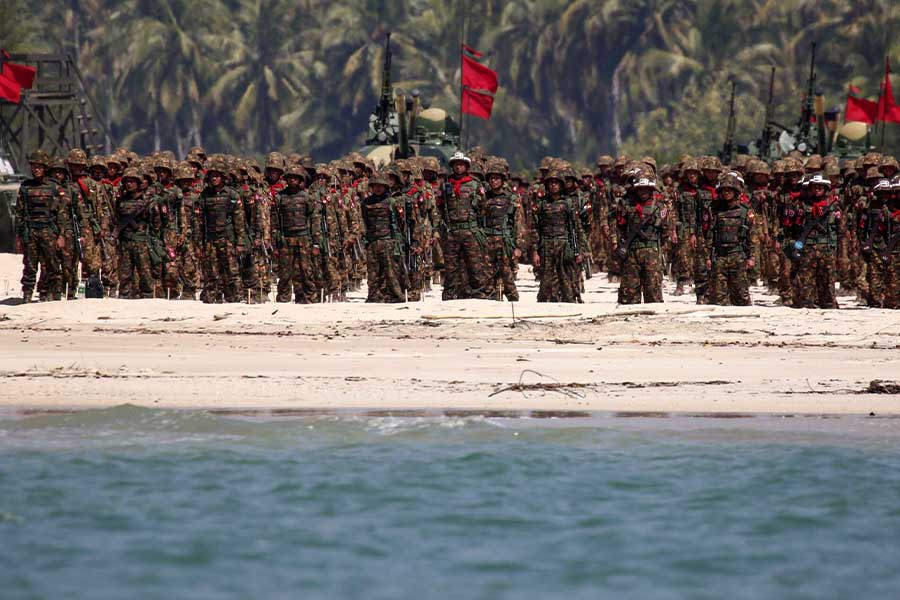








.jpg)